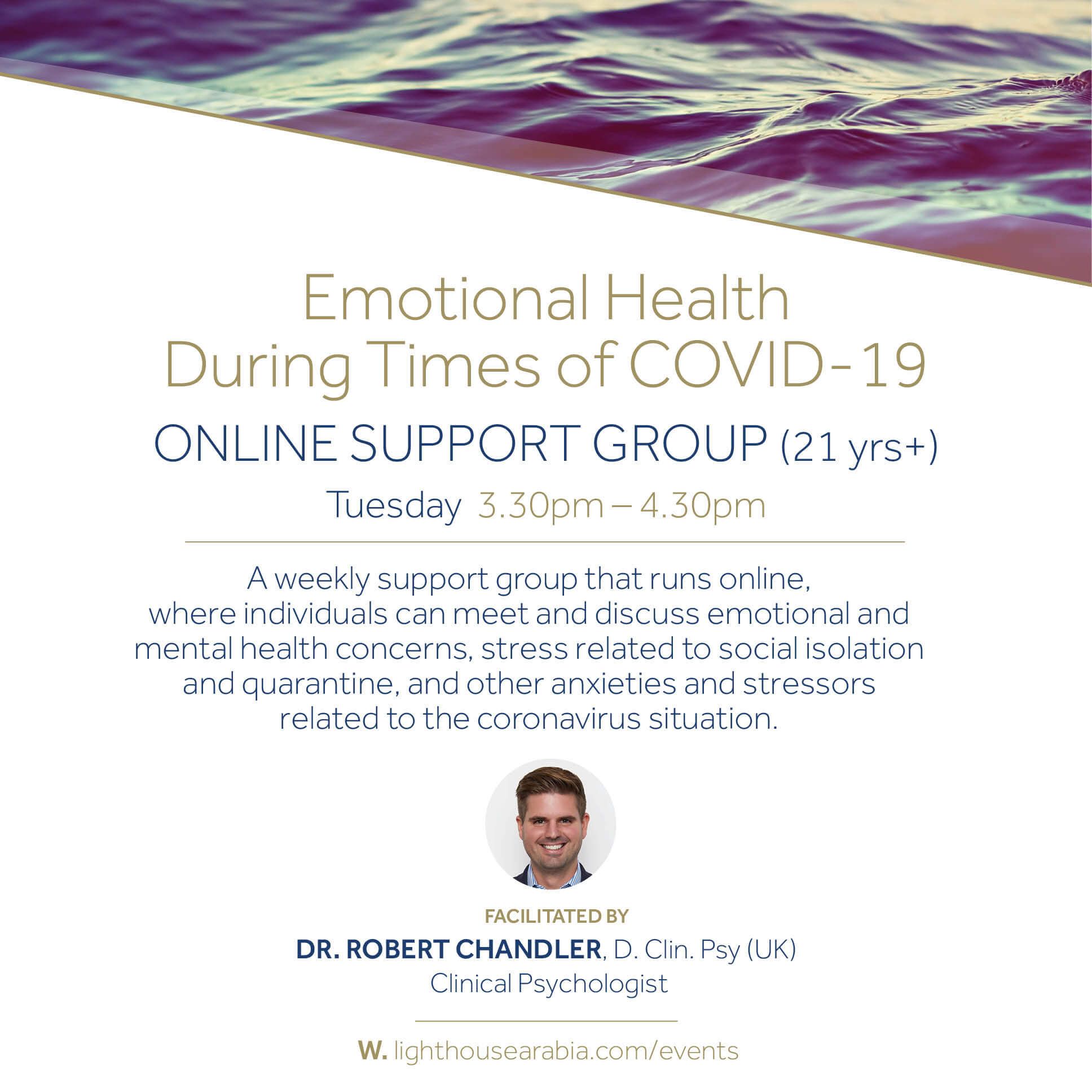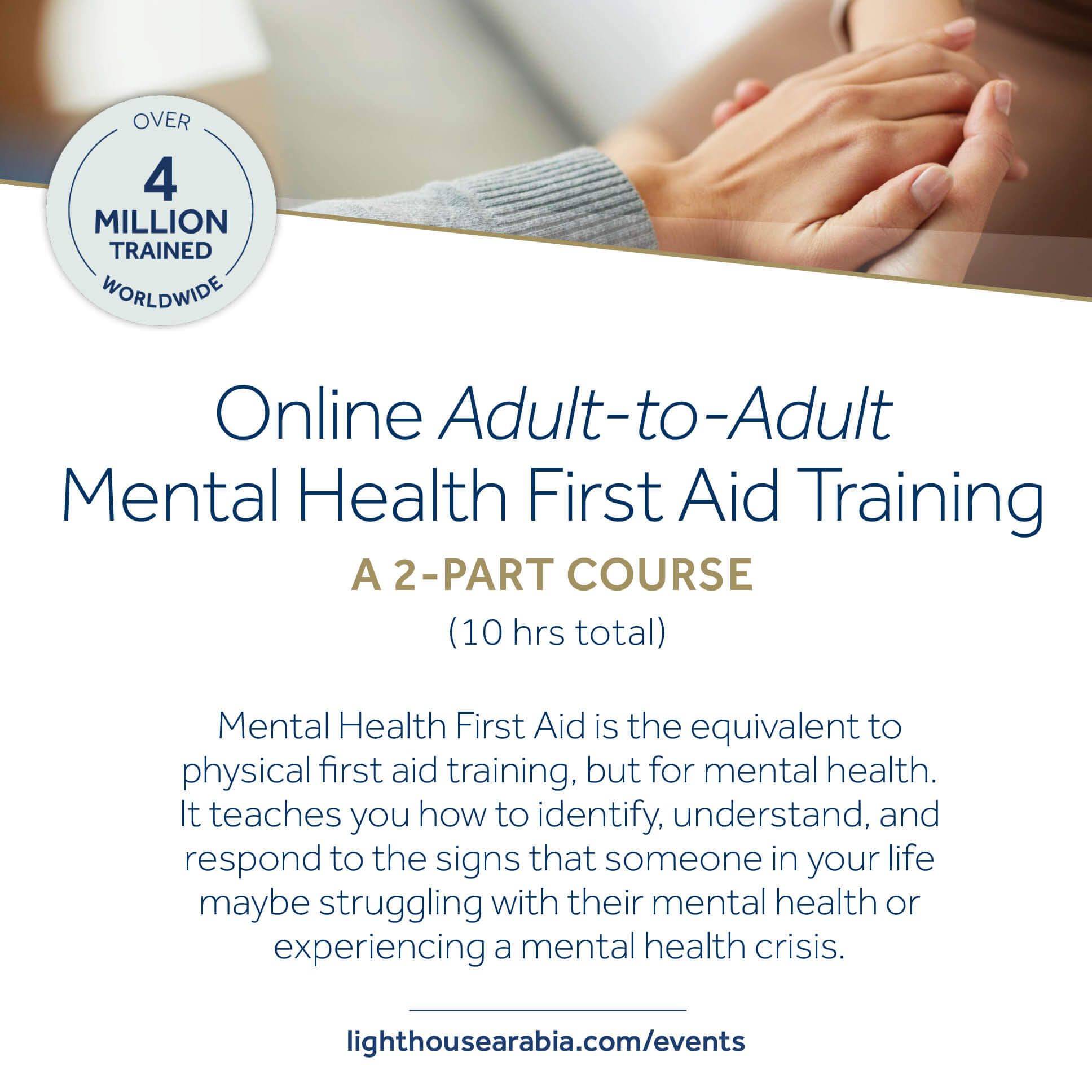
Perfectionism is commonly defined as continually striving for standards beyond our reach or reason and measuring our own worth entirely in terms of our levels of productivity and our accomplishments.
Internally it shows up as the “tyranny of the shoulds”.
Perfectionism is the trait that makes us highly critical of ourselves and it never shows up alone. Perfectionism goes hand-in-hand with other destructive feelings such as shame and guilt and it stands alongside fear of failure and fear of rejection and in some cases, perfectionists will often report higher levels of anxiety and depression.
However, most perfectionists will say that they hold on to perfectionism because it has worked.
Letting go of perfectionism might mean letting go to a part of them that has helped them succeed or motivate themselves to perform their best. It can be the part of people that helps them set and achieve higher goals, and to move forward towards greater and better ambitions.
So, the big question here is: How can we harness the positive aspects of perfectionism while making sure we don’t fall into the negative thinking and self-criticism that come with perfectionism?
Useful ways to rechanneling your perfectionism
- Productivity vs Perfectionism
Most of the people that struggle with perfectionism struggle to let the details slide which can be extremely time-consuming. It is important to recognise the cost or time and opportunity of what you are doing. For this, it is important to shift your mindset and focus on maximising the impact of your daily actions. What if what I am doing is going to cause a greater impact for my goal? Is it going to be worth it to read the email for the 15th time to make sure there are no typos or would that time be better spent preparing for the next meeting?
-
Challenge your negative thoughts
Perfectionists are more inclined to making judgements about themselves, and there is a constant inner voice telling them how things could be done differently and better (i.e. inner critic). Learning methods of challenging or ‘unhooking’ from your negative thinking will be important. Next time you see yourself getting stuck in your negative thinking take a step back and identify your triggers. You will notice that there usually is a pattern of events or people that set off the negative thinking. You can start to prepare yourself differently for those types of moments when you realise they are triggering. You can also use grounding techniques such as bringing your attention to your five senses and counting (i.e. 5 things you can see, 4 things you can touch, 3 things you can hear, 2 things you can smell, and 1 thing you can taste). This will help you unhook from the rumination that often accompanies negative thinking. And if all else fails, “distract” your mind with a simple practical task that is cognitively absorbing. This could be playing a timed game on your phone, or calling a friend who can cheer you up. - Monitor your progress
It is useful to remind yourself to monitor your efforts. Do a weekly review. Ask yourself questions such as: Did my perfectionism get in the way of anything important this week? Where did my perfectionism get in the way of my relationships/work this week? Where did it benefit?
- Give yourself a deadline to complete the project
The more time perfectionists have, the more they tend to procrastinate starting or finishing the project. Set a date. Done or not, you will deem it done, turn it in, launch it, or publish it on that date.
- Do small experiments with doing a ‘good enough job’
And observe yourself being imperfect, and ask yourself, ‘was it that bad?’ You might realise you were the only one that noticed and that all that ‘extra’ time and effort you spend on making things ‘perfect’ can be best spent doing things you love with people that you love.
Remember, perfectionism can be a double-edge sword that has the ability to keep us stuck in endless self-criticism, or it can help us maintain our standards of excellence – how it plays out for you in your life will be determined by how you harness its energy.
This article was originally published in Arabian Business in November, 2020








